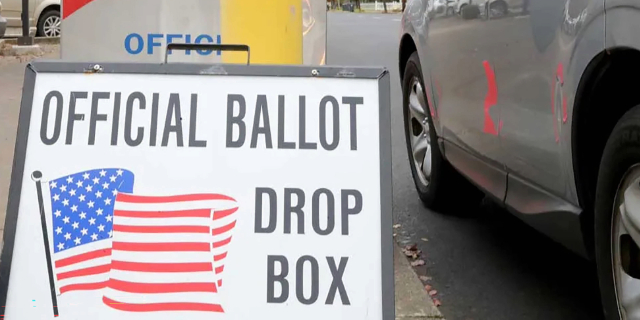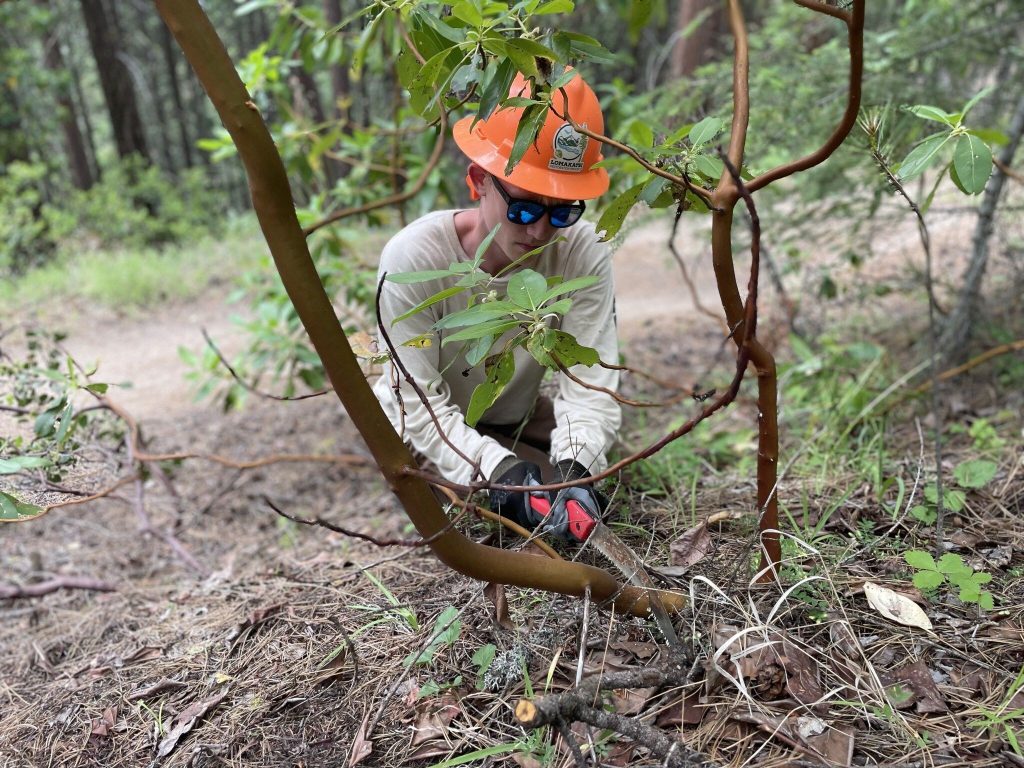GUEST COLUMN: An agonizing choice for endangered owls
Published 5:00 am Sunday, January 7, 2024

- other views logo
The Northern Spotted Owl is a charismatic icon of Oregon, and it is also a potent and divisive symbol.
In the 1980s, research documented sharp declines in the species’ numbers, and linked those declines to the intense logging of old-growth forests in the Pacific Northwest. The conflict between efforts to protect the owl and its habitat versus economic and political pressure to continue high levels of logging set off a decade of “Timber Wars” in the region.
In 1990, following years of litigation, the U.S. Fish and Wildlife Service (FWS) listed the Northern Spotted Owl as “threatened.” Four years later, the Northwest Forest Plan, with the Northern Spotted Owl as its flagship species, sharply reduced logging on federal land in the Pacific Northwest and provided protections for two-thirds of remaining older forests.
Conservationists had good reason to believe that the survival of this unique bird and its ancient forest habitat was assured.
But a stealthy new threat was emerging: the Barred Owl was expanding its range into the Pacific Northwest. This close relative of the Spotted Owl was once found only east of the Great Plains. However, the species began to slowly move west in the early 1900s, reaching Oregon by 1972.
Barred Owls are larger than Spotted Owls, more aggressive, and less specialized. Spotted Owls require old-growth forests and an exclusive diet of small mammals. Barred Owls inhabit a wide variety of forest types, including old-growth, and eat everything from earthworms to rabbits.
To the dismay of biologists, it appeared that Barred Owls were replacing Spotted Owls throughout the Pacific Northwest.
To understand this threat, FWS approved the controversial killing of Barred Owls in selected study areas. Like other native North American birds, Barred Owls are protected under the Migratory Bird Treaty Act. But under a special “take” permit, a total of 2,485 Barred Owls were removed — by shotgun — across the range of Northern Spotted Owls between 2009-2019.
The results were clear: where Barred Owls were removed, Spotted Owl populations stabilized. Elsewhere, their declines continued.
So, FWS faces a choice. A full-scale removal campaign would require the killing of huge numbers of Barred Owls over decades: A brutal, expensive, and likely futile attempt to halt the expansion of one protected North American bird into the range of another. But taking no action could condemn the Northern Spotted Owl to extinction — a bird that FWS has labored for decades to preserve, and that is key to protecting the ancient forests of the Pacific Northwest.
FWS has made its decision. The agency proposes killing over 400,000 Barred Owls over a 30-year period in Oregon, Washington and California. To justify this, FWS has declared Barred Owls a “non-native” species in the Pacific Northwest, because their expansion was indirectly promoted by the actions of European settlers (planting trees and excluding fire).
But the meaning of “native” becomes more difficult to define with each passing year. Barred Owls made their own way across North America. Unlike destructive species introduced from other parts of the world, they were not transported by humans.
In this era of rapid climate change, habitat changes will be continuous and unstoppable, and range shifts will be essential to species survival. Will we intervene every time one expanding species displaces another?
Finally, there is no reason to believe that Barred Owls will stop moving into the West. Are we willing to keep killing Barred Owls forever?
Like everyone who has gazed into the eyes of a Spotted Owl, I would mourn the extinction of this unique and marvelous bird. But I cannot accept the killing of hundreds of thousands of Barred Owls simply because they have proved themselves to be more adaptable.
How can we dictate which species “deserves” to survive?
Comments on the FWS plan can be submitted until January 16, 2024 to https://www.regulations.gov/document/FWS-R1-ES-2022-0074-0048






